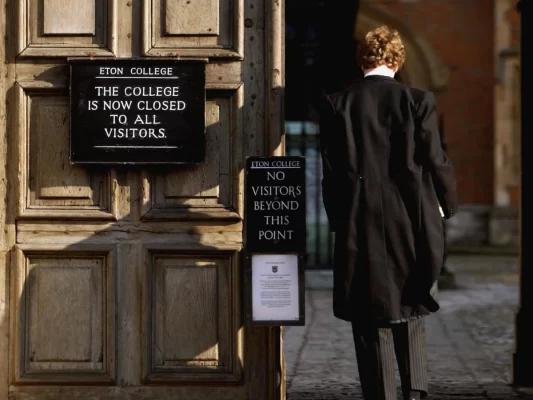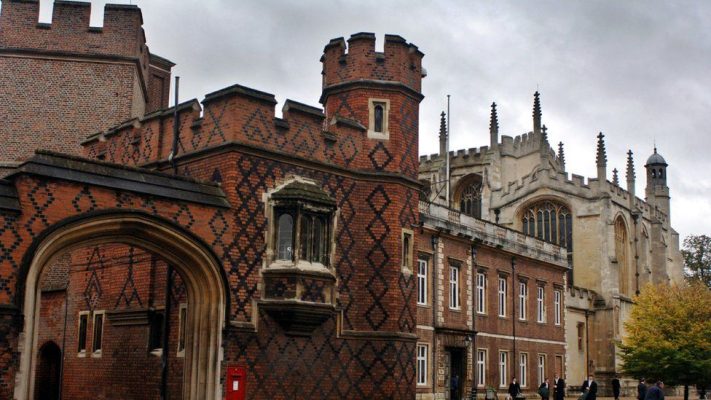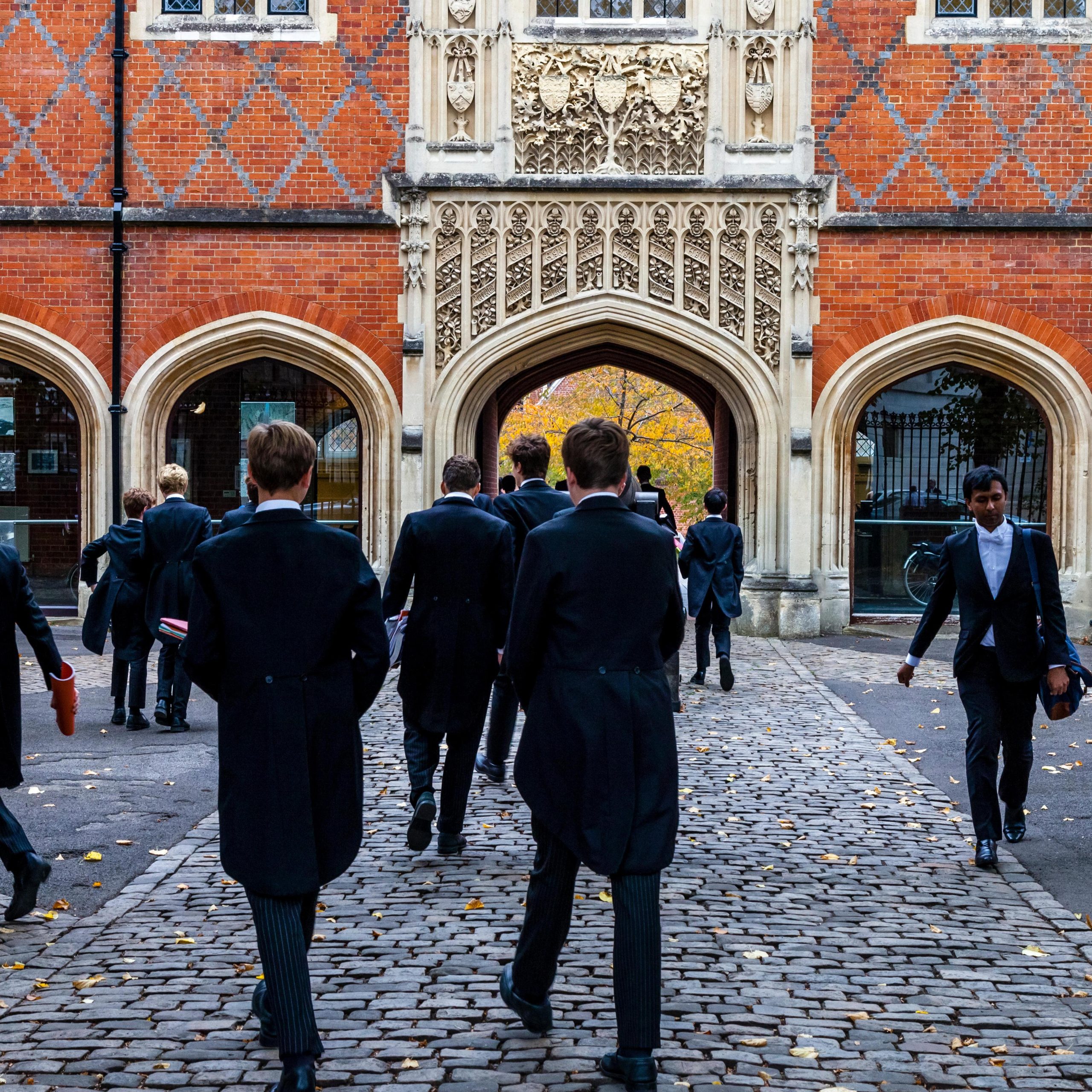UK’s Rising Expenditure on Diplomats’ Children’s Private Education: A Deep Dive
The UK’s Foreign Office has made headlines with its substantial spending on Diplomats’ Children’s Private Education. For the academic year 2022/23, the office disbursed £13.8m for the private schooling of 514 diplomats’ children within the UK.
Additionally, a budget of £24.1m was set aside for the education of 1,188 children in international schools. This represents a notable increase from the previous year’s £10.5m for UK schools and £21.4m for overseas institutions.
Factors Fueling the Increase in Diplomats’ Children’s Private Education Costs
A government spokesperson shed light on the reasons behind this uptick in spending. The integration of the legacy International Development department with the Foreign Office staff in 2020 played a significant role.
These two entities, which previously operated under different terms, were unified. Leading to the increased expenditure on Diplomats’ Children’s Private Education.

The longstanding policy of covering schooling fees for diplomats’ children is primarily due to the unpredictability of overseas postings and the lack of suitable free English language-based schooling in certain countries.
The Continuity of Education Allowance (CEA) has been a cornerstone of the UK’s policy since 1996. This scheme allows senior Foreign Office staff to apply for up to 90% coverage of their children’s school fees by the taxpayer. With the condition that they foot the remaining 10%.
For 2022/3, the maximum claimable amounts were £12,471 per term for senior boarding school fees and £8,730 for senior day school fees. The CEA ceiling was adjusted upwards by 6.27% for 2022/3, mirroring the rise in boarding school fees.
You may also like: The Future of Online Learning on Education
A Closer Look at the Breakdown
The detailed figures reveal significant amounts spent on prestigious institutions. For instance, Winchester College receive £143,232, Eton College got £246,720, Sevenoaks School allocated £721,965. And also Oundle School benefitted from £487,449.
The Foreign Office justified these expenses by highlighting the frequent relocations their staff undergo, often with little notice. The primary goal of the Diplomats’ Children’s Private Education policy is to ensure minimal disruption in the children’s academic journey.

The increase in spending was also attributed to the merging of legacy DFID staff and FCO staff figures and the general rise in boarding school fees.
Historical data from 2009 to 2022 indicates that the funds allocated for Diplomats’ Children’s Private Education have oscillated between £10.5m and £15.4m.
The recent surge in expenditure raises pertinent questions about the sustainability of such financial commitments.
It also prompts a broader discussion on the implications for the UK’s diplomatic ties, budgetary considerations, and the perceived value of private education in shaping the next generation of diplomats.





